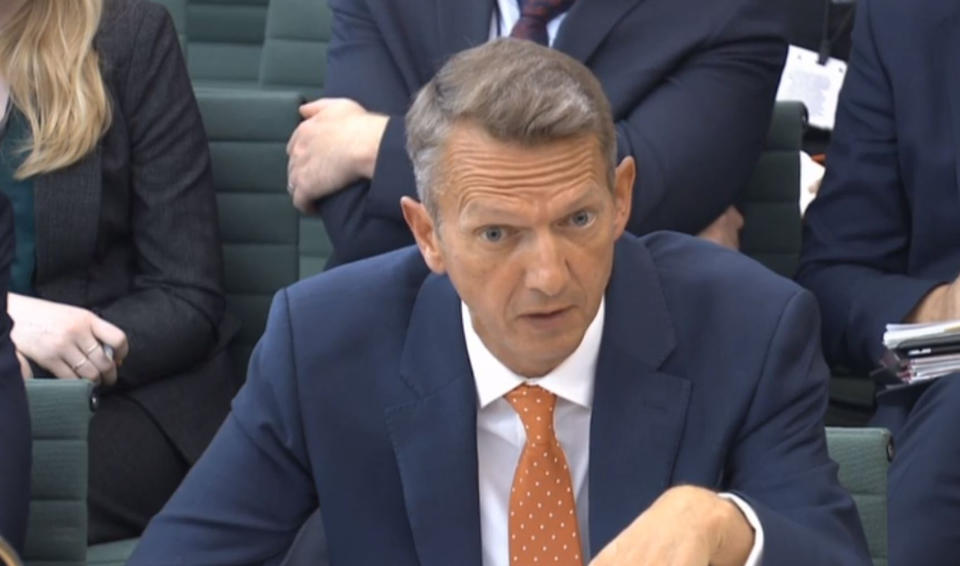Bank of England's chief economist warns COVID will 'widen' generational gaps

The Bank of England’s chief economist has said COVID-19 could leaving “lasting scars” on young people’s finances, raising the prospect that younger generations will be worse off than those born in previous decades.
Andy Haldane said the pandemic’s impact on the economy risked worsening “imbalances in the UK economy, many of which were deep and long-lasting even for the crisis struck.”
“Even before the crisis struck the lifetime real income profile of people born in the 1980s was no better than that of people born in the 1970s,” Haldane said in a virtual keynote speech at TheCityUK’s annual conference on Wednesday.
“In other words, for the first time in perhaps a century today’s young people are finding themselves no better off financially than their parents. It seems very likely that this year’s events will worsen further these generational imbalances.”
While the elderly have suffered the most when to comes to the pandemic’s impact on health, young people have suffered the worst economic effects of the crisis. Unemployment rates have risen by the most among younger generations, while income rates have declined.
Haldane said these trends threatened to leave “lasting scars” by permanently reducing the lifetime earnings potential of young generations and making it even harder for them to get on the housing ladder.
READ MORE: Autumn clothing pushes UK inflation higher in October
“The cost of not getting your foot on the first rung of that jobs ladder are known to be large and to be lasting,” he said. “The COVID crisis, I think, runs the risk of removing that first rung for many young people.
“The same is likely to be true of home ownership. The hit to jobs and to incomes will make it harder for young people to save for a deposit and, meantime in the mortgage market, the high LTV mortgages usually taken out by first time buyers have all but disappeared in recent months.
“Taken together, that means it’s also likely to be harder for young people to get their foot on the first rung of the housing ladder — again, further worsening generational home ownership inequalities.
“Addressing these wide and widening generational imbalances will be one of the key policy priorities as we emerge from this crisis.”
Haldane said the pandemic was also impacting regional inequality but said the rise of decentralised, remote working could help to address imbalances in the longer term.
Haldane, who famously predicted a V-shaped recovery for the UK earlier this year, said the outlook for the final quarter of 2020 was “very uncertain” given lockdowns across much of the country. However, he said recent positive news on vaccines meant the prospects for 2021 looked “brighter, perhaps materially brighter.”
WATCH: What is a V-shaped economic recovery?

 Yahoo Finance
Yahoo Finance 